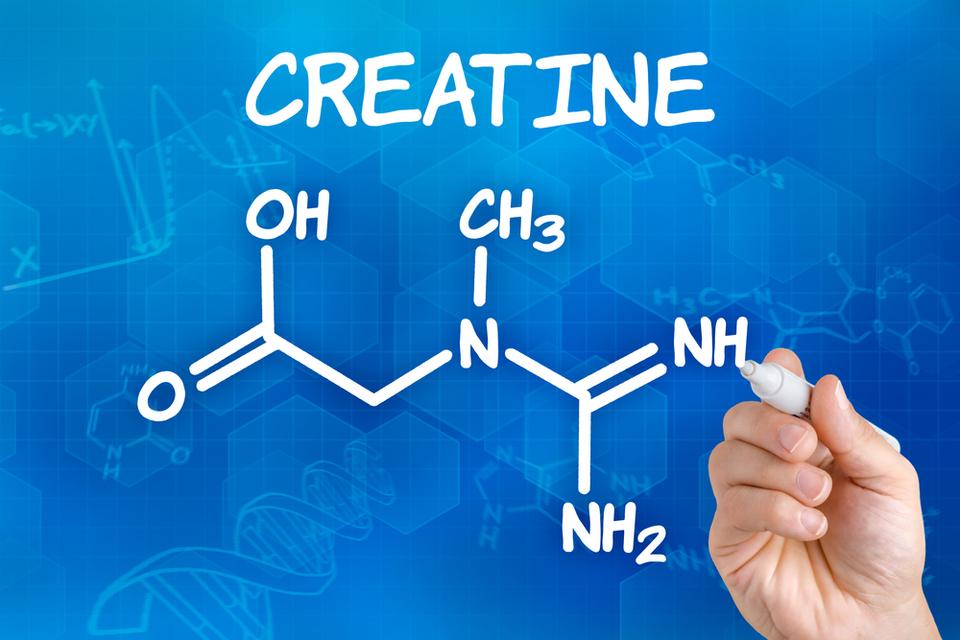
Creatine monohydrate is considered one of the most popular creatine supplements used by people who want to build lean muscle, increase strength, and improve overall workout (and even athletic) performance. According to many studies over the years, creatine is the best supplement for overall exercise performance and sports.
The most used form of creatine is by far creatine monohydrate, and that is why it is still The King of Creatine in the sphere of supplements. It should also be noted that creatine is the MOST researched supplement in the world, and studies date back as far as the early 1900s, with well over 500 studies on the supplement.
Creatine is essentially formed in the body via several reactions in the liver and kidneys using three specific amino acids: arginine, methionine, and glycine. You can also (obviously) purchase it as a supplement rather than it being created through consuming high amounts of foods like meat. Creatine monohydrate is simply creatine with a water molecule attached to it, hence why it is called monohydrate.
There is a major misconception, however, where for some reason, people think that creatine monohydrate is an anabolic steroid. Those who know anything about supplements and creatine should be having a good old belly laugh right now, but I guess for those who are uneducated on the topic, the results that can be achieved through creatine monohydrate could (I guess) raise some red flags on if it’s an actual steroid.
That being said, creatine monohydrate is not a steroid. It is entirely different pretty much across the board when comparing it to any type of steroid.
Common Misconceptions About Creatine Monohydrate
- There is a significant misconception regarding creatine in relation to kidney damage. According to studies, this is because of a misconception that is rooted back in 1998. There was a single case due to creatine metabolism in the body. The patient was suffering from kidney issues for eight years prior to using creatine, but after including a creatine supplement into their regimen, it showed an increase in creatinine levels in the blood.
- Another misconception was regarding how creatine causes water retention and bloating. Some studies showed that creatine monohydrate might cause water retention for the initial phase of supplementation. While this can be true for some, it is not common, and for those who do find they retain a little water, it is temporary.
- One of the most interesting misconceptions when it comes to creatine deals with male baldness (no, I kid you not). Baldness was associated with the use of creatine supplements, but research ultimately proved this to be a myth. What exactly caused such a claim? This happened because one single study found that creatine leads to baldness due to an increase in DHT (dihydrotestosterone). It was noted that DTH increases had been linked with baldness, but it was also pointed out that some training may also lead to a rise in DTH levels. In another study, it was found that no DTH increase happened with the use of creatine – hence the false claim was finally put to rest once and for all.
Benefits of Creatine Monohydrate
Let’s just throw it out there and stop all of the myths and misinformation from being spread for another decade or more. The bottom line when it comes to creatine is that scientists have concluded that creatine monohydrate is the best form of creatine and has multiple benefits. One more time for the people in the back… CREATINE MONOHYDRATE IS THE BEST FORM OF CREATINE.
With that being said, does it mean all the other forms of creatine out there are junk? No. But many have heard that you can’t fully saturate your muscle unless you use a form like a creatine HCl or some other “better” form, which has been debunked. Not only is creatine monohydrate the least expensive form of creatine on the market, but it can allow for 100% muscle saturation over time (no, it doesn’t happen immediately upon using creatine).
Next, it’s important to understand what some of the benefits of creatine monohydrate are. Here are the four biggest takeaways.
1. Safe to Consume
Multiple studies have confirmed that creatine monohydrate is 100% safe to use and consume. The supplement is also safe at higher doses. The recommended dosage is 3-5g on a daily basis for maintenance, but people have consumed more than 30g per day and have not shown any issues or adverse effects.
It’s common for some people to go through a “loading phase” when using creatine monohydrate, where they take 20g for a week. However, doing any type of loading phase isn’t necessary as your muscles would generally become fully saturated using as little as 3g for around 28 days.
There is only one common side effect, and that is weight gain. Although, this should be viewed as a negative side effect, as creatine increases the water content of muscle cells and helps increase muscle mass.
If you see any weight gain due to the creatine monohydrate supplement, it is because of water or muscle gain and not body fat. Any body fat you may gain is due to nutritional changes where you are in a surplus, and your body is storing the excess calories.
2. Major Scientific Backing
There are hundreds of studies out there looking at creatine monohydrate. That said, there are also other forms of creatine as well like we touched on briefly early, such as:
- Creatine Ethyl Ester (CEE)
- Buffered Creatine
- Creatine Magnesium Chelate
- Creatine Hydrochloride (Creatine HCl)
- Liquid Creatine
Out of all the forms of creatine supplements, most studies are demonstrated on creatine monohydrate.
The studies have proved that through the use of creatine monohydrate, you may experience an increase in muscle gain, a boost in exercise and athletic performance, and potential brain benefits as well.
According to studies, creatine monohydrate consumption can lead to an increased gain in lean muscle of about 5-10% on average (obviously, alongside a solid resistance training program focused on hypertrophy).
3. Improve Exercise Performance
Creatine monohydrate can improve overall exercise performance more than any other form of creatine.
From increased strength, muscle mass, and power, creatine monohydrate has various effects on health and exercise performance.
Creatine monohydrate is much more effective than ethyl ester or any liquid form of creatine. It is also found to be as effective as the buffered and magnesium chelate forms.
4. Creatine Monohydrate is Inexpensive
We touched on this briefly above, but creatine monohydrate is super easy to find and very inexpensive (especially compared to other forms of creatine available). This is due to a few key reasons:
- Since it is so widely available than any other form of creatine, it can be less expensive to produce.
- There are many companies producing creatine monohydrate, so the prices of the raw materials are kept low due to the market competition.
- 1kg of monohydrate costs somewhere around $20, whereas creatine hydrochloride or creatine ethyl ester forms cost around $35 or more.
What Are You Waiting For?
Still on the fence about whether or not you want to use creatine monohydrate? With creatine being considered one of the most effective supplements in existence and backed by hundreds of studies, why wouldn’t you want to include creatine monohydrate in your supplement regimen?
With a potential increase in lean muscle mass, strength, performance, and more, there really aren’t any negatives that should be holding you back. There are many types of creatine available in the market, but creatine monohydrate is still the king and should be the one you try first (and last).
If you’re teetering back and forth based on things you’ve heard in the past, we’ve put those issues to bed in this article as the research has shown creatine is safe to use and has several benefits. It’s time to experience why so many people turn to creatine monohydrate to help take their workouts and physique to the next level.
Maximum Results!
Are you looking for a quality creatine supplement? GAT Sport Creatine is pure creatine monohydrate. Nothing more. Nothing less.



